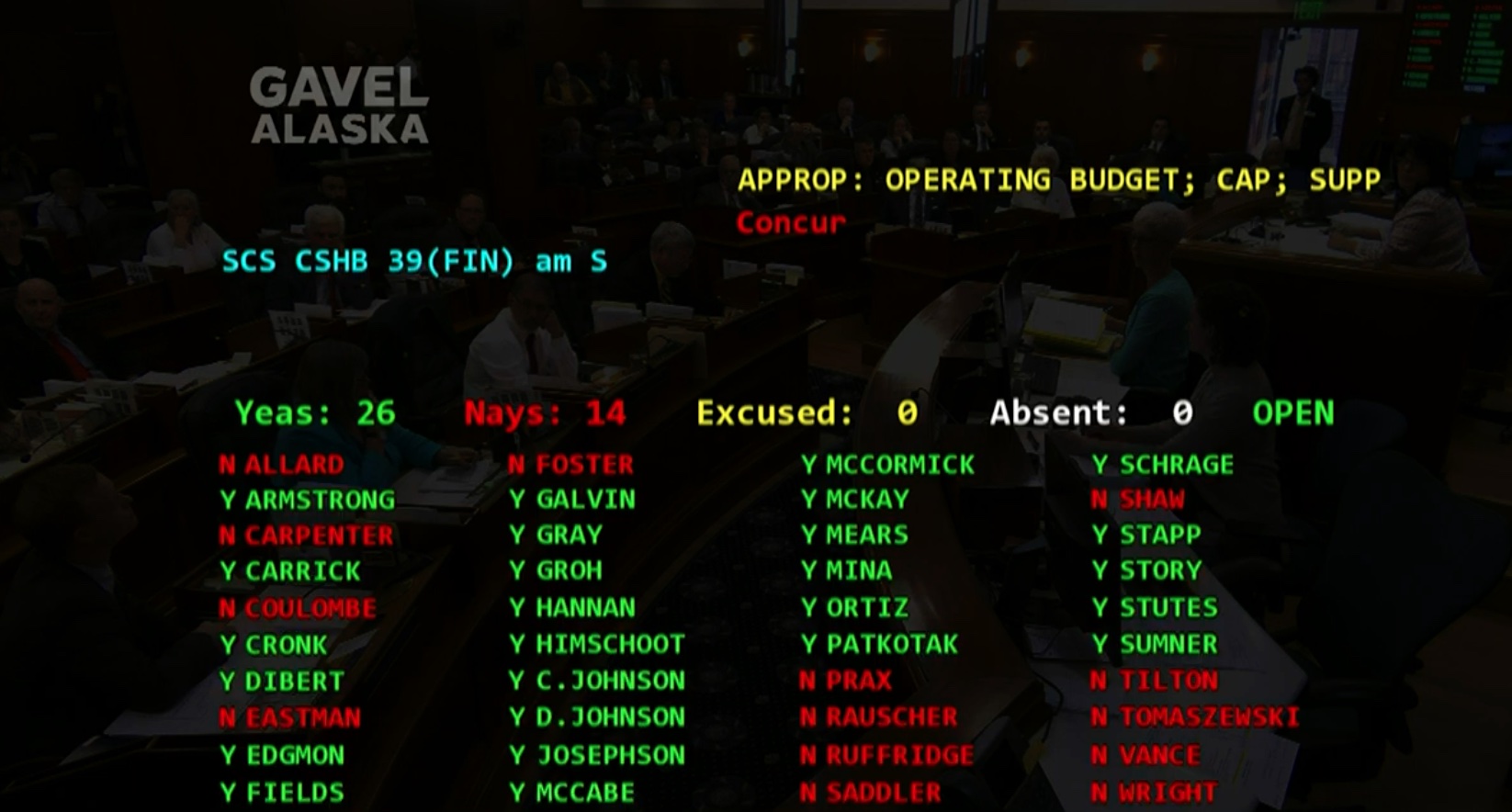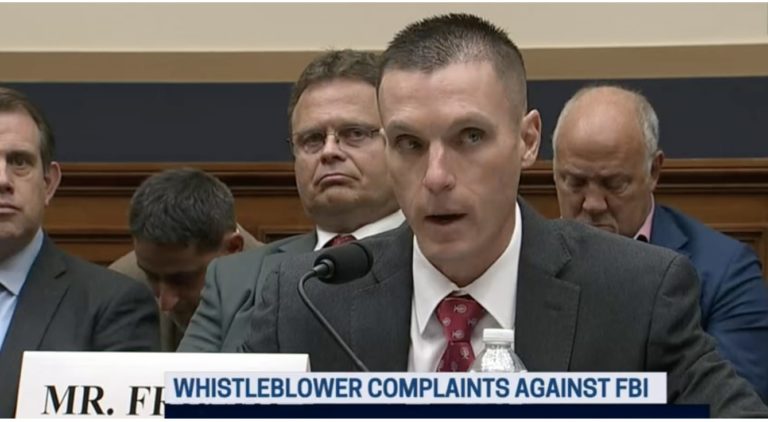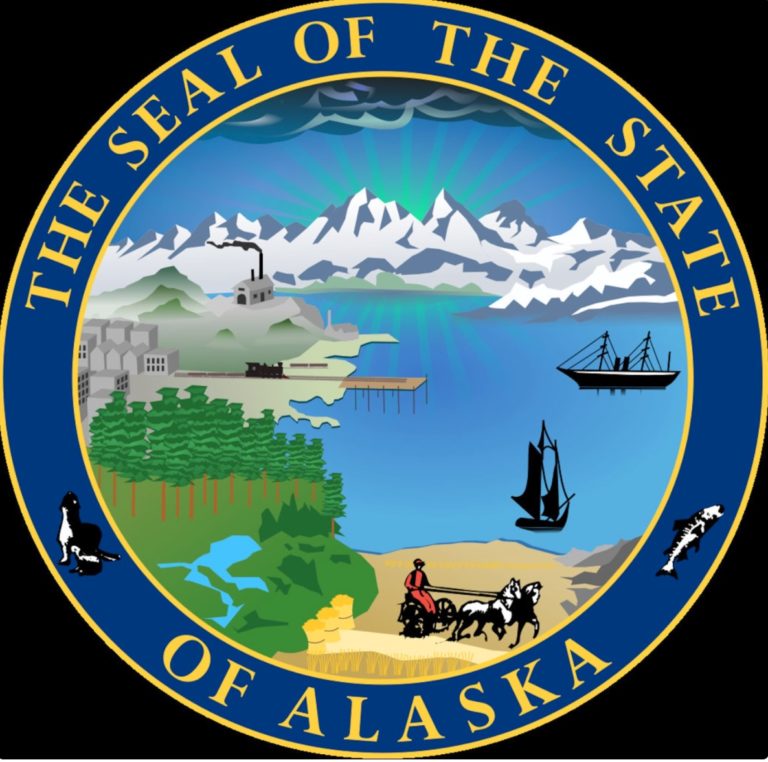In a significant development pertaining to voter rolls and transparency, the Alaska U.S. District Court on Wednesday denied the State of Alaska’s motion to dismiss the lawsuit filed by the Public Interest Legal Foundation to obtain Electronic Registration Information Center (ERIC) data reports pertaining to potentially deceased registrants on the state’s voter rolls.
ERIC, an interstate compact, provides member states with reports indicating registrants who are likely deceased, which states rely on to determine eligibility to vote.
The lawsuit, filed in January of 2022, argues that ERIC reports should be considered “records” subject to the disclosure provision of the National Voter Registration Act. That law mandates the disclosure of “all records concerning the implementation of programs and activities conducted for the purpose of ensuring the accuracy and currency of official lists of eligible voters.”
The only exceptions under the disclosure provision are documents showing an individual declined to register to vote and the identity of the government office through which a specific registrant was registered.
The court opinion emphasizes that neither of the National Voter Registration Act’s exclusions applies to information regarding a voter’s death, suggesting that Congress intended for such information to be disclosed, according to the court.
The court’s ruling in favor of the PILF marks the first victory in breaking down what the legal foundation calls ERIC’s “wall of secrecy.”
PILF President J. Christian Adams said, “This is the first victory to knock down ERIC’s wall of secrecy. The organization’s lack of transparency has led to distrust. Elections are best conducted with public scrutiny. This is the first victory to bring about change within ERIC.”
In recent months, several states, including Alabama, Florida, Iowa, Louisiana, Missouri, Ohio, West Virginia, and Virginia, have withdrawn from ERIC. Officials have raised concerns about partisanship within ERIC and the board’s unwillingness to implement substantial reforms that would enhance transparency.
Apart from the lawsuit in Alaska, PILF is pursuing three other ongoing legal actions in Louisiana, Colorado, and the District of Columbia. The objective is to secure ERIC reports and affirm the public’s right to inspect the information used to determine voter eligibility.
The denial of Alaska’s motion to dismiss the lawsuit represents a significant step toward greater transparency in the management of voter rolls, the plaintiffs say. As the PILF continues its legal battles in other states, the outcome of these lawsuits could have far-reaching implications for ERIC and the public’s access to information crucial for ensuring the integrity of the electoral process.
The case file can be viewed this PILF link. The court’s refusal to dismiss is at this link.








